Bonapeti.com»Articles»Vitamins
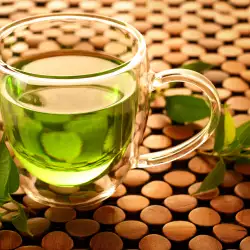
Facebook
Favorites
Twitter
Pinterest
 Vitamin U
Vitamin U08 Dec.
 Bioflavonoids
Bioflavonoids12 Oct.
 Probiotics
Probiotics01 Oct.
 Quercetin
Quercetin09 Sept.
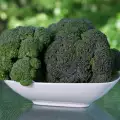 Chlorophyll
Chlorophyll03 Sept.
 Unsaturated Fats
Unsaturated Fats29 May
 Nicotinic Acid
Nicotinic Acid25 May
 Ascorbic Acid
Ascorbic Acid21 May
 Vitamin B17
Vitamin B1711 Nov.
 Cellulose
Cellulose29 Apr.
 Vitamin B15
Vitamin B1524 Apr.
 Folic Acid
Folic Acid20 Jan.
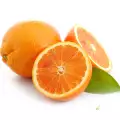 Beta Cryptoxanthin
Beta Cryptoxanthin20 Jan.
Our Recipe Categories

9 355
Recipes
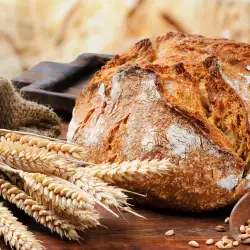
5 830
Other
 Amino Acids
Amino Acids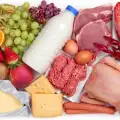 Food Additives
Food Additives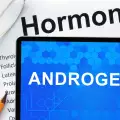 Hormones
Hormones Minerals
Minerals Vitamins
Vitamins










